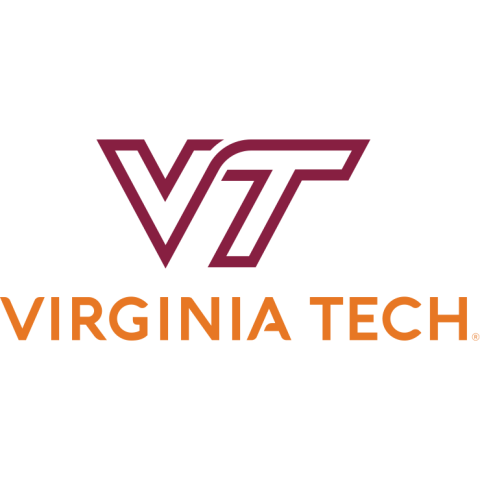
Democratising research through open access journals
You may also like
Publishing through an open access (OA) journal is a powerful way to amplify researchers’ accessibility and collaboration and give their work much bigger impact. These digital publications make articles available and reusable worldwide, generally free of charge and without restrictions, and usually accessible immediately upon publication. OA publishing allows researchers to share their findings and methodologies with a global audience.
Virginia Tech’s journals programme dates back to 1991 through the university’s first electronic-only open access journal, The Journal of the International Academy of Hospitality Research. Today, we have journals that cover topics from across the humanities, life sciences, engineering and technology studies. Several are edited by Virginia Tech undergraduate and graduate students.
- As librarians, we should embrace open research
- Three ways libraries are championing the open access movement
- Is open access tarnished?
We are open to adding journals in new subject areas that reflect emerging strengths of the university and can also transition an existing journal from subscription-based to open access.
Here are my key takeaways for running open access journals effectively, based on my experience.
Find out researchers’ goals
The first thing I do when faculty members approach me about publishing research is find out what their goals are. Are the researchers motivated by a desire to contribute to the greater good? Perhaps they consider their research to be their life’s work and they simply want it to be broadly available. Is their objective to obtain citations? This might be the case if they are on the promotion and tenure (P and T) track. All reasons are valid. Understanding faculty members’ rationale for choosing open access can influence how their research is published.
Omit paywalls and processing charges whenever possible
Almost all Virginia Tech’s open access journals are diamond access, meaning they are freely accessible immediately upon publication; there is no paywall, nor are there publication fees. That is, authors are not required to pay article processing charges (APCs) to publish in the journal, and readers can access the research at no charge. If journals are behind paywalls, potential readers need to buy subscriptions or rely on their libraries or funders to do so.
There is one exception to this. In 2019, Virginia Tech launched its first APC-based journal, Studies in Engineering Education, as part of a broader effort to expand the scale of the journals programme by testing a different business model. That journal is being transitioned to diamond access. The Virginia Tech University Libraries are funded by the university, allowing us to make journals freely available.
Ensure your journals’ editorial policies and peer-review processes are clear
Journals should have clear editorial and peer-review processes. Virginia Tech’s open access journals all have editorial policies that outline submission guidelines, editorial boards, peer-review processes, ethical standards and publication criteria. Each journal determines its own peer-review process. Most of Virginia Tech publishing journals have a blind peer-review process; I also recommend that non-peer-reviewed content within peer-reviewed journals is clearly identified. Editorial boards are made up of subject-matter experts, so they can contribute to the peer-review and editorial processes.
Set up consistent publication schedules
Some of our journals are published on a rolling basis, while others go out periodically, generally once per year. It’s best to be clear about publication schedules. Consistency in publication builds trust and attracts both readership and submissions.
Determine the most appropriate copyright and licensing policies
At Virginia Tech, each journal determines its own copyright and licensing policy, but we strongly encourage that individual authors be permitted to retain their rights while giving the journal non-exclusive rights. All our journals are openly licensed, using one of the licenses available from Creative Commons. Creative Commons licences are generally recommended in open-access publishing because they offer a range of options, allowing authors to retain specific rights at their discretion while promoting openness and encouraging reuse.
Promote your journal and its research
Promoting your open access journal will help it to attract submissions and readership. Some ways to do this include social media, academic conferences, collaborating with other journals and organisations, and using your institution’s resources to increase visibility. University Libraries at Virginia Tech have a dedicated communications team headed by Ann Brown, and she can promote for us as well. We also encourage journals to do their own marketing. Word of mouth is powerful, so researchers can use their own networks of colleagues and professional acquaintances to spread the word.
The advantages of open access journals are clear: they have broad and global reach, the cost savings over hard copies are significant and research availability is immediate. By establishing open access journals, higher education institutions can establish a platform that not only contributes to the open-access movement but also provides a valuable resource for researchers eager to share their work with the world.
Corinne Guimont is associate director of publishing and digital scholarship at University Libraries at Virginia Tech.
If you would like advice and insight from academics and university staff delivered direct to your inbox each week, sign up for the Campus newsletter.




